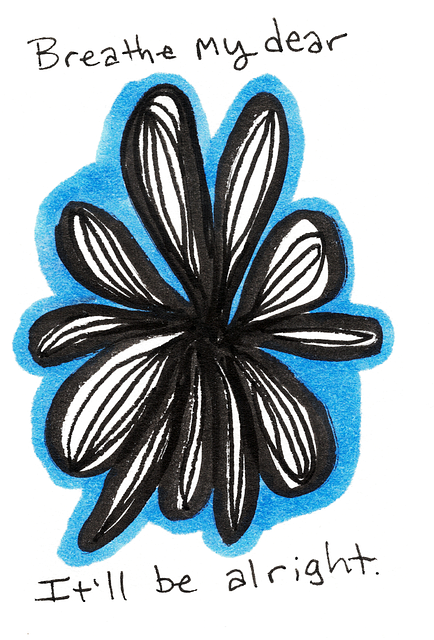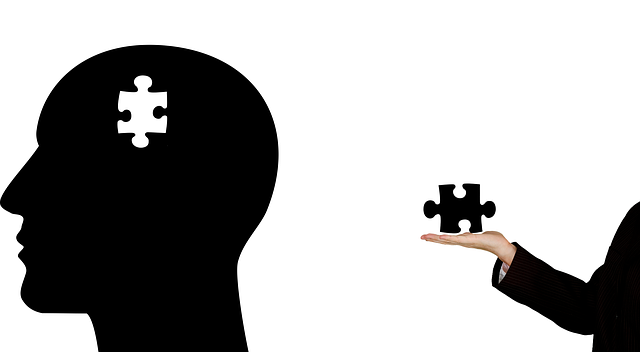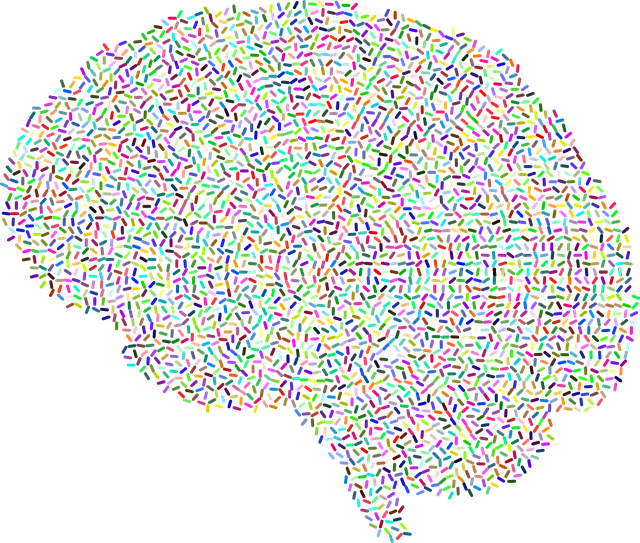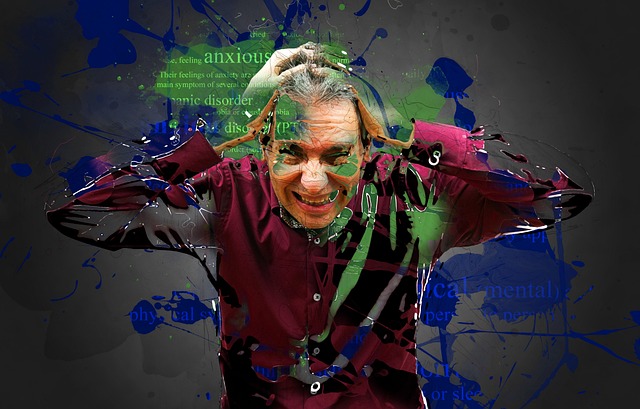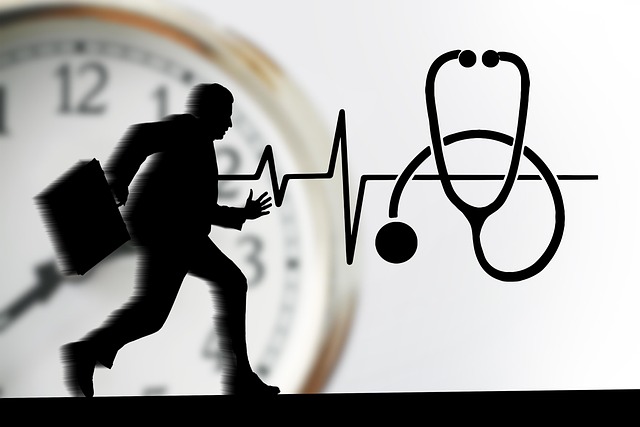Chronic stress from work or personal issues can harm health. Englewood Exposure and Response Prevention (EERP) Therapy, a powerful CBT technique, helps individuals confront fears and modify responses to stressful situations, preventing burnout and improving well-being. Combining EERP with Self-Care Practices and Confidence Boosting activities effectively manages anxiety, enhances self-awareness, reduces mental illness stigma, and cultivates resilience for robust stress management.
Stress reduction is a vital aspect of maintaining good mental health. In this comprehensive guide, we delve into various effective methods to combat stress and its profound impact on our lives. From understanding the root causes of stress to exploring innovative therapies like Englewood Exposure and Response Prevention (EERP), we offer practical insights. Discover daily techniques to manage stress and build long-term resilience, ensuring a balanced and healthier you.
- Understanding Stress and Its Impact
- Exploring Englewood Exposure and Response Prevention Therapy
- Practical Techniques for Daily Stress Reduction
- Building Resilience and Long-Term Coping Strategies
Understanding Stress and Its Impact

Stress is a natural response to various life challenges, but when it becomes chronic, it can lead to significant health issues. Understanding stress involves recognizing its causes, which range from work pressure and financial worries to personal relationships and health concerns. The body’s reaction to these stressors includes physiological changes like increased heart rate and hormone release, preparing us for the ‘fight or flight’ response. However, prolonged activation of this system can result in burnout, affecting both mental and physical well-being.
Englewood Exposure and Response Prevention (EERP) Therapy is a proven method to combat stress and anxiety. This therapeutic approach helps individuals confront their fears and modify responses, reducing the impact of stressful situations. By gradually exposing oneself to stressors and learning new coping mechanisms, one can gain control over their reactions. Additionally, incorporating Self-Care Practices and Confidence Boosting activities into daily routines can significantly aid in Burnout Prevention, allowing individuals to manage stress effectively and lead healthier lives.
Exploring Englewood Exposure and Response Prevention Therapy

Englewood Exposure and Response Prevention Therapy (EERP) is a highly effective form of cognitive behavior therapy (CBT) that focuses on helping individuals confront and manage their fears and anxieties in a safe, controlled environment. This innovative approach aims to reduce the impact of stress and mental illness by gradually exposing clients to situations or objects that trigger their distress while teaching them new coping strategies.
EERP challenges the typical human response to fear by preventing avoidance behaviors and promoting alternative, healthier reactions. Through mindfulness meditation techniques, individuals learn to observe their thoughts and emotions without judgment. This process not only enhances self-awareness but also facilitates better mood management. By confronting fears head-on, individuals can gradually reduce the power of anxiety over their lives, contributing significantly to mental illness stigma reduction efforts.
Practical Techniques for Daily Stress Reduction

In our fast-paced world, finding moments for stress reduction is essential to maintain mental health and overall well-being. Practical techniques like Self-Awareness Exercises can be seamlessly integrated into daily routines. Taking a few minutes each day to pause, breathe deeply, and reflect on one’s thoughts and emotions helps in navigating the challenges of modern life. This practice fosters mindfulness, strengthens emotional resilience, and boosts confidence, all of which are key elements in preventing burnout.
Englewood Exposure and Response Prevention Therapy (ERP) offers another powerful method for stress reduction. ERP is a type of cognitive behavioral therapy that gradually exposes individuals to stressors and teaches them new coping strategies. By facing fears and changing response patterns, one can reduce anxiety and develop healthier ways of managing stress. This approach empowers individuals to take control of their lives and create lasting changes in their emotional responses, making it an effective tool for both short-term and long-term stress management.
Building Resilience and Long-Term Coping Strategies

Building resilience is a powerful tool for long-term stress reduction and coping. It involves learning to navigate challenges with adaptability and growth. One effective therapy, Englewood Exposure and Response Prevention (EERP), focuses on this aspect by gradually exposing individuals to stressful situations and teaching them new response patterns. EERP helps people understand that they can manage their emotions and behaviors even in difficult circumstances.
By combining this exposure therapy with strategies for inner strength development and self-esteem improvement, individuals can build a robust framework for stress management. This includes learning to recognize and challenge negative thought patterns, developing healthy coping mechanisms, and cultivating a sense of personal agency. Over time, these techniques empower people to face life’s stressors head-on, fostering resilience and a positive mindset.
Stress is a ubiquitous part of life, but understanding its impact and employing effective strategies can significantly enhance our well-being. From recognizing the signs and roots of stress to adopting practical daily techniques and building resilience, individuals have numerous tools at their disposal. One particularly potent method, as highlighted in this article, is Englewood Exposure and Response Prevention Therapy (EERP), which offers a structured approach to managing stress by challenging and changing unhelpful thought patterns and behaviors. By combining knowledge, practical application, and therapy like EERP, we can navigate life’s challenges with greater ease and resilience.

